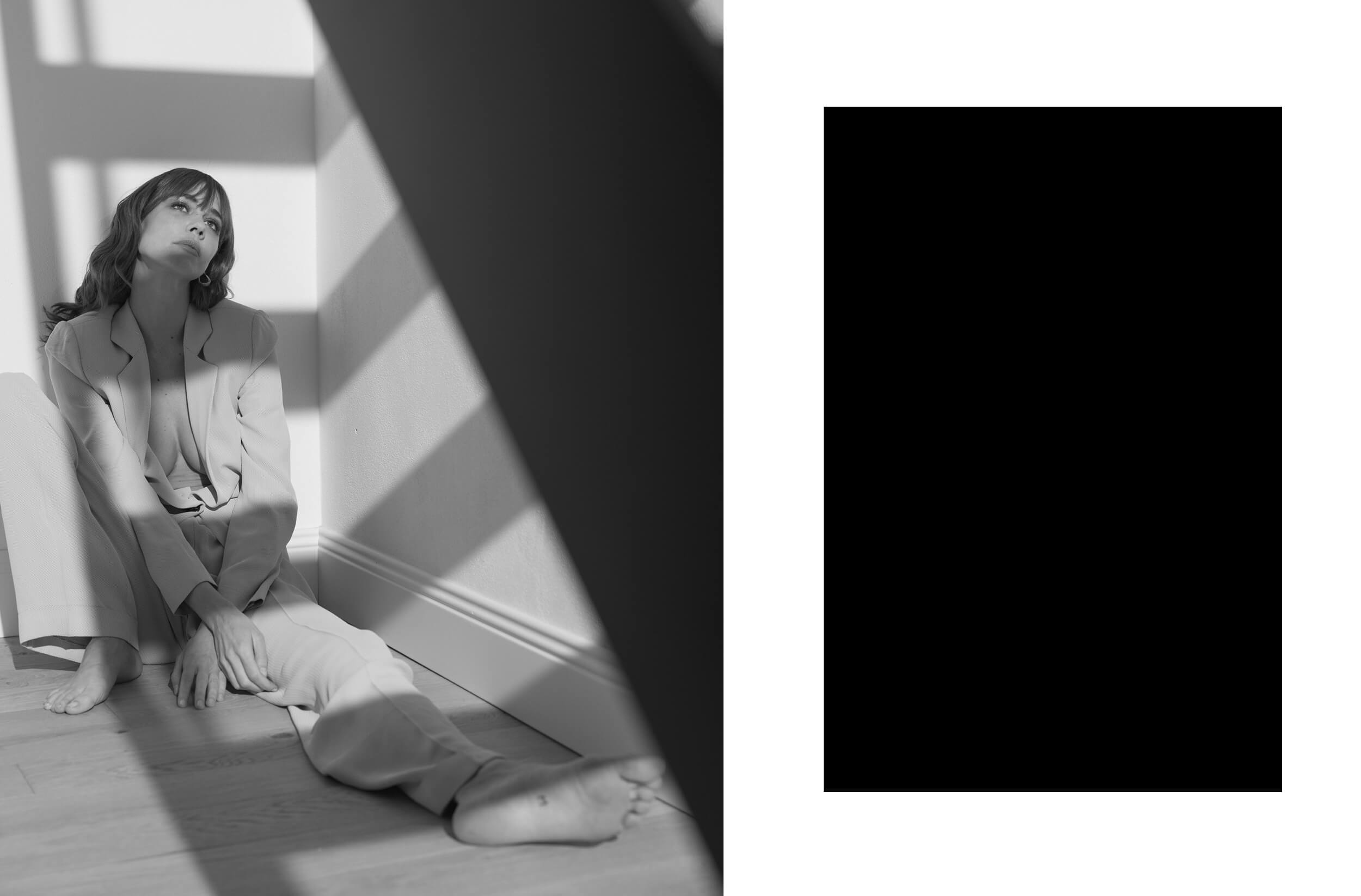A model and actress, fueled by talent and passion, for her job, for humanity, and for her rights and future scenarios, Martina Troni makes her way through the entertainment industry starting from music videos, up to cinema and documentaries. Among her latest project, a RAI documentary television film about the life of Marco Pannella: “Romanzo Radicale.”
Martina told us about this first post-pandemic experience of hers, on a very important set, where the cast and crew, with the collaboration and supervision of the real-life protagonists of the story, worked together to put on screen some pieces of life worth telling.
In the shoes of Bianca Beccalli, Pannella’s first girlfriend during university, Martina has matured both professionally and personally, learning the importance of fighting prejudices, first and foremost the ones against mental health, and realizing a few fundamental truths, such as the importance of the role of women in a democratic country.
What’s your first cinema memory?
Disney’s “The Hunchback of Notre Dame”. If I think about it, it must have struck me as a film. Years later, I read the book by Hugo.
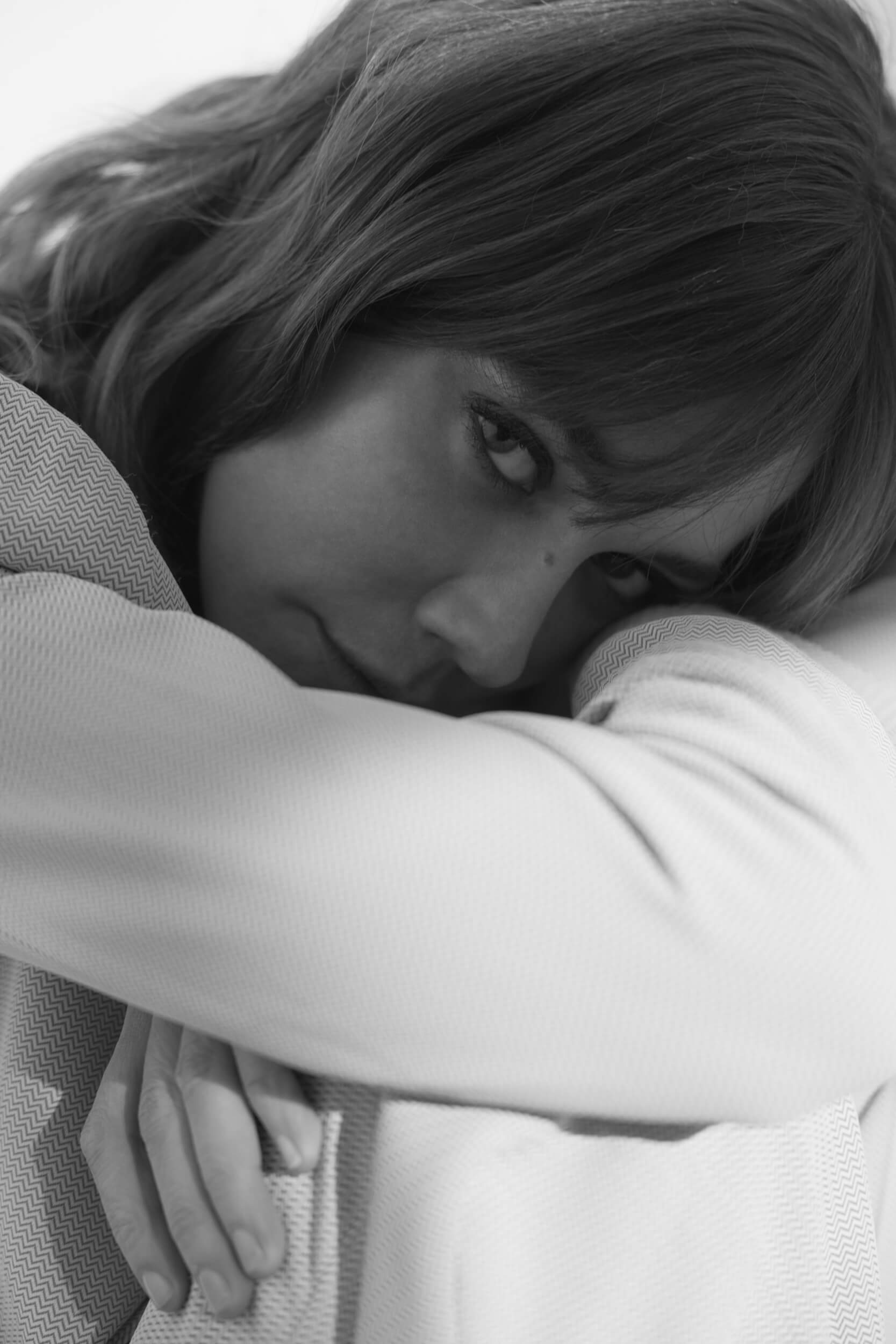
How did your approach to the world of fashion happen, instead?
Through my grandma’s super elegant tailor-made dresses.
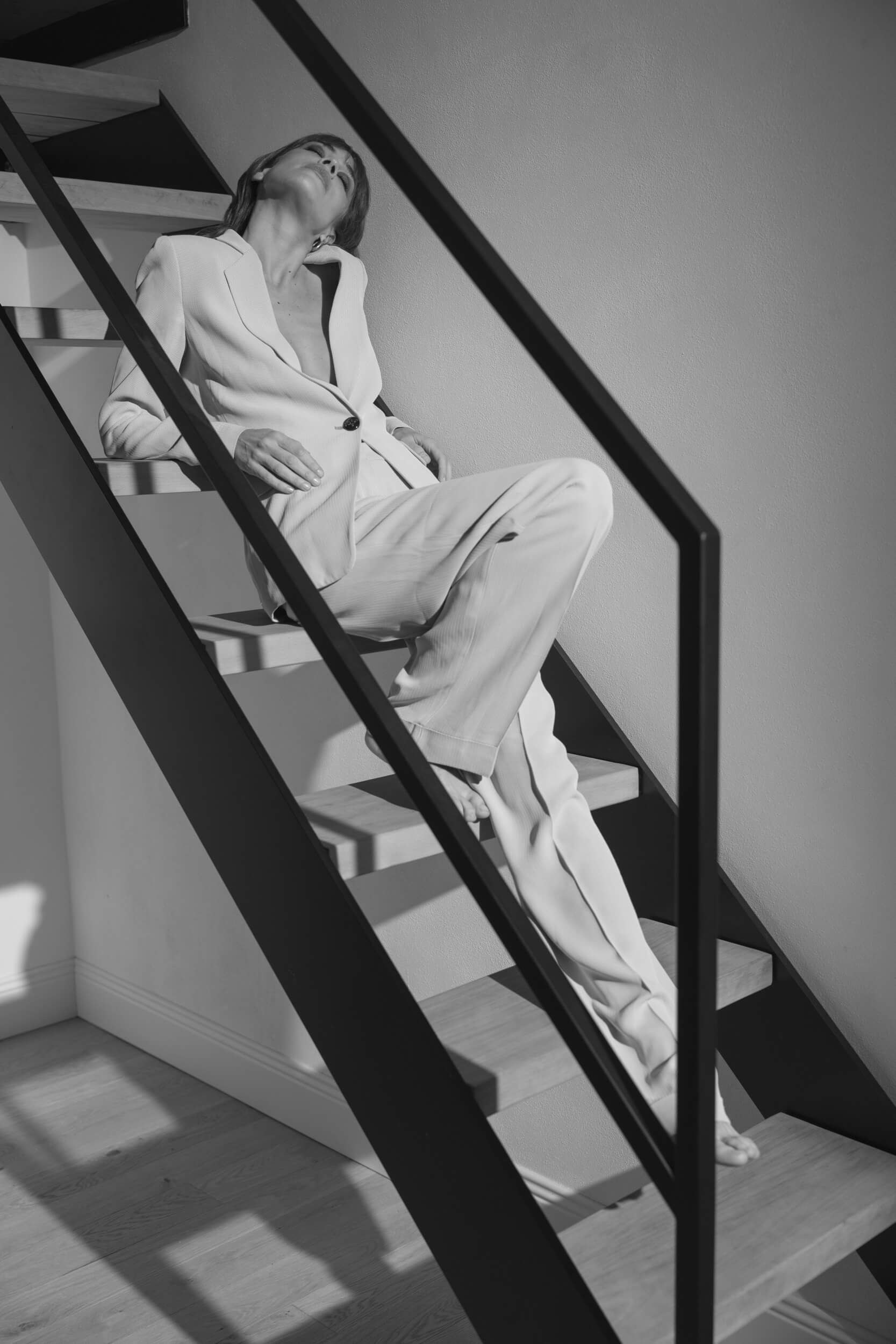
Among your first projects, there’s the Rai docufilm “Romanzo Radicale,” about the life of Marco Pannella, which was screened at BiFest and Torino Film Festival. What was your experience on this set like? And what was your preparation process to play your character? What did you “learn” from her?
It was amazing.
At first, I was terrorized, I’d never studied acting, nor been on a set, and I knew I would have had to deal with some huge professionals. But eventually, I had a lot of fun. The preparation of my character mainly happened through my encounter with Bianca Beccalli in person, whom I was lucky enough and happy to meet multiple times in Milan, at her house, where she lives with her husband, Michele Salvati.
Bianca is one of the most significant protagonists of the Italian tradition of economic sociology, work, and organization, she’s one of its founders. A socialist, fascinated by the philosophy of science, she’s an exceptional woman. Beautiful, virtuous, cultured, and polyhedric, always focused on gender studies, she’s played a huge part in the achievement of gender equality. We’ve spent so many days together talking about Marco, their relationship, their time in Paris: she called him a satisfied Narciso who knew how to use his body as an actor. What did Bianca teach me?
Above all, that democracy needs women.
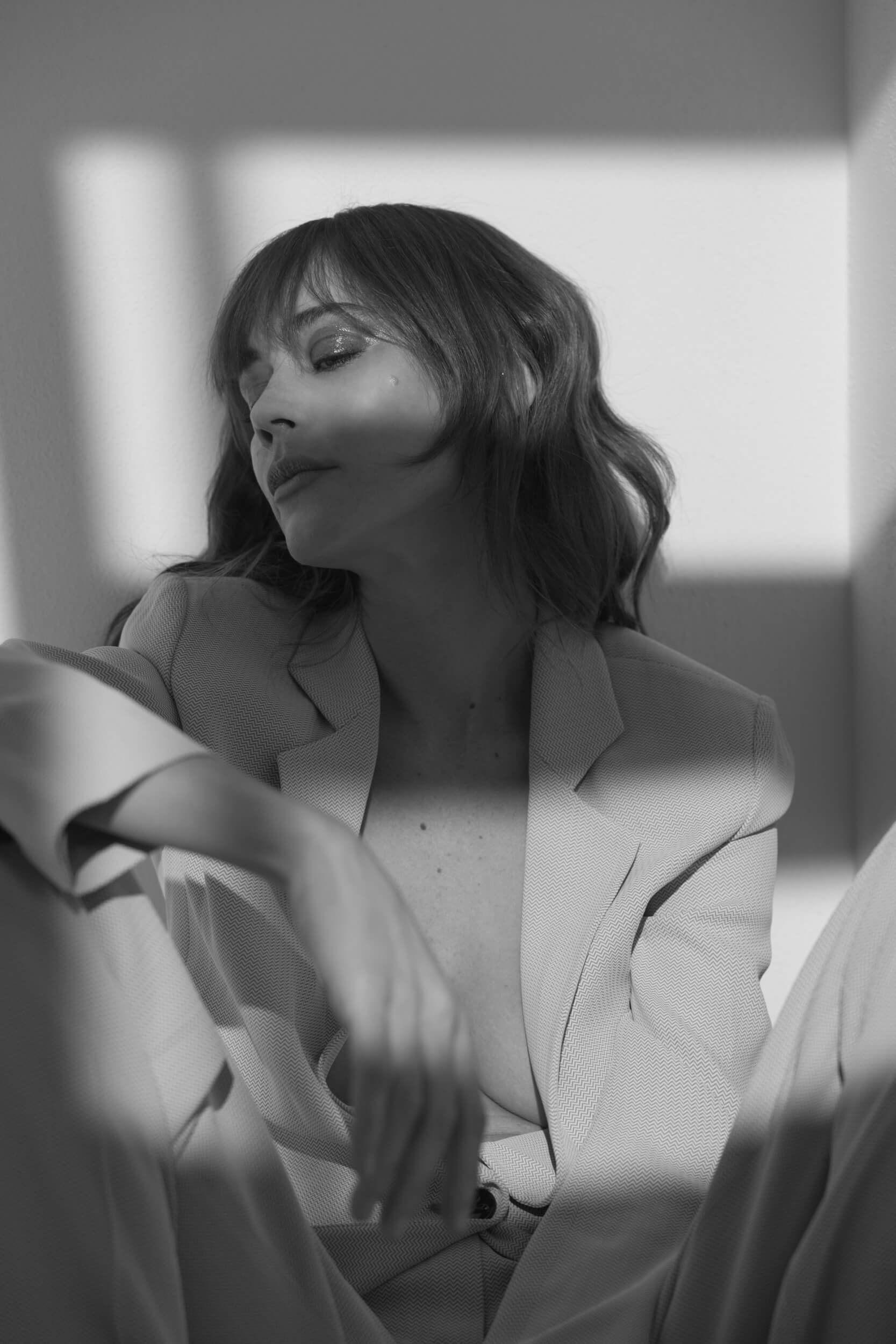
The world of cinema and the world of fashion are apparently very different, but they share a strong bond with art and performance, the possibility to experiment and express yourself. How does your approach change, from one world to another? Which one do you feel like you belong to the most?
Both. I believe there’s an unbreakable connection between cinema and fashion. Both these arts help each other and have various points in common. Clothes play a fundamental role when you make a movie, they’re an integral part of the story. Behind each piece of clothing, there’s a precise intention.
Moreover, they’re both institutions that trigger dreams, visual products of a mise-en-scene, shaping means, and vessels of myths, images, and cults.
What does cinema represent in your life?
A great love.
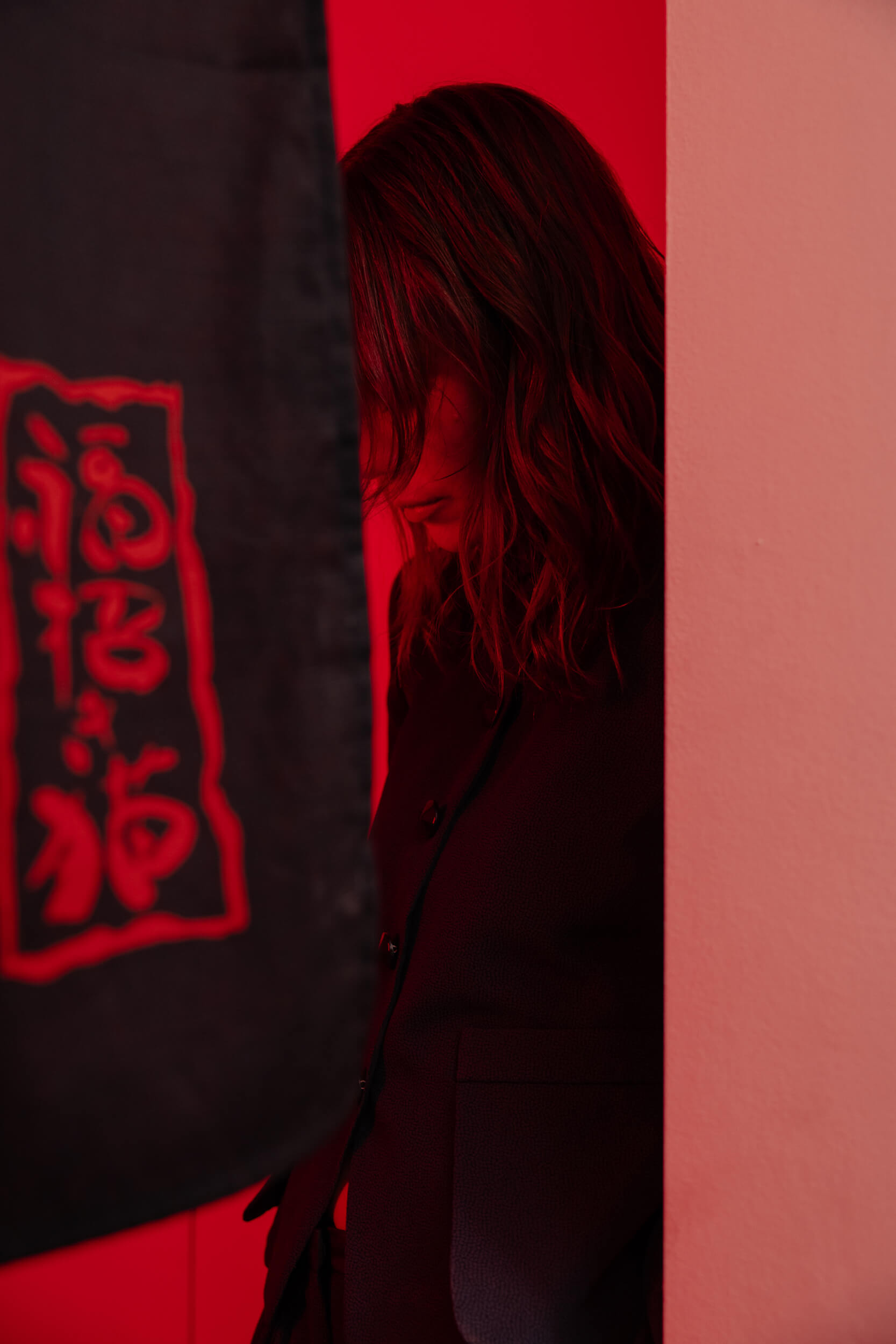
What can you tell us about your next projects?
It’s top secret! This summer I’m filming something that makes me very happy.
A goal we really seek to achieve with our interviews is being able to openly talk about mental health, about how important it is to take care of that part of ourselves. In your opinion, how important is it to normalize more and more the topic?
Over the past few years, we’ve been discussing mental health more freely, but the stigma behind the psychological uneasiness struggles to completely disappear. Many people continue to have wrong ideas, negative emotions, and even discriminative behaviors towards the topic. These ideas are often based on the lack of information, sometimes worsen by stereotyped representations of mental disorders in the media, and this can have serious consequences. In order to deal with the stigma, it’s essential to start from the prejudices we’ve internalized, trying to leave behind us the idea that suffering from mental disorders is nothing to feel guilty about. When we don’t feel good, it’s important to overcome fear and judgment and seek help.
Maybe, we should work more on trying to normalize the illness, leading it out of the shadow. We need to talk about it, but before that, we need to accept that it can manifest itself in more or less dramatic ways, to be controlled and healed with the instruments we have.
How do you take care of yourself?
Allowing myself to make mistakes.
What’s the advice you got for which you feel the most grateful, and the one you’re glad you haven’t followed?
The worst advice: studying is no use.
The best: who wants to move the world should first move their own selves.
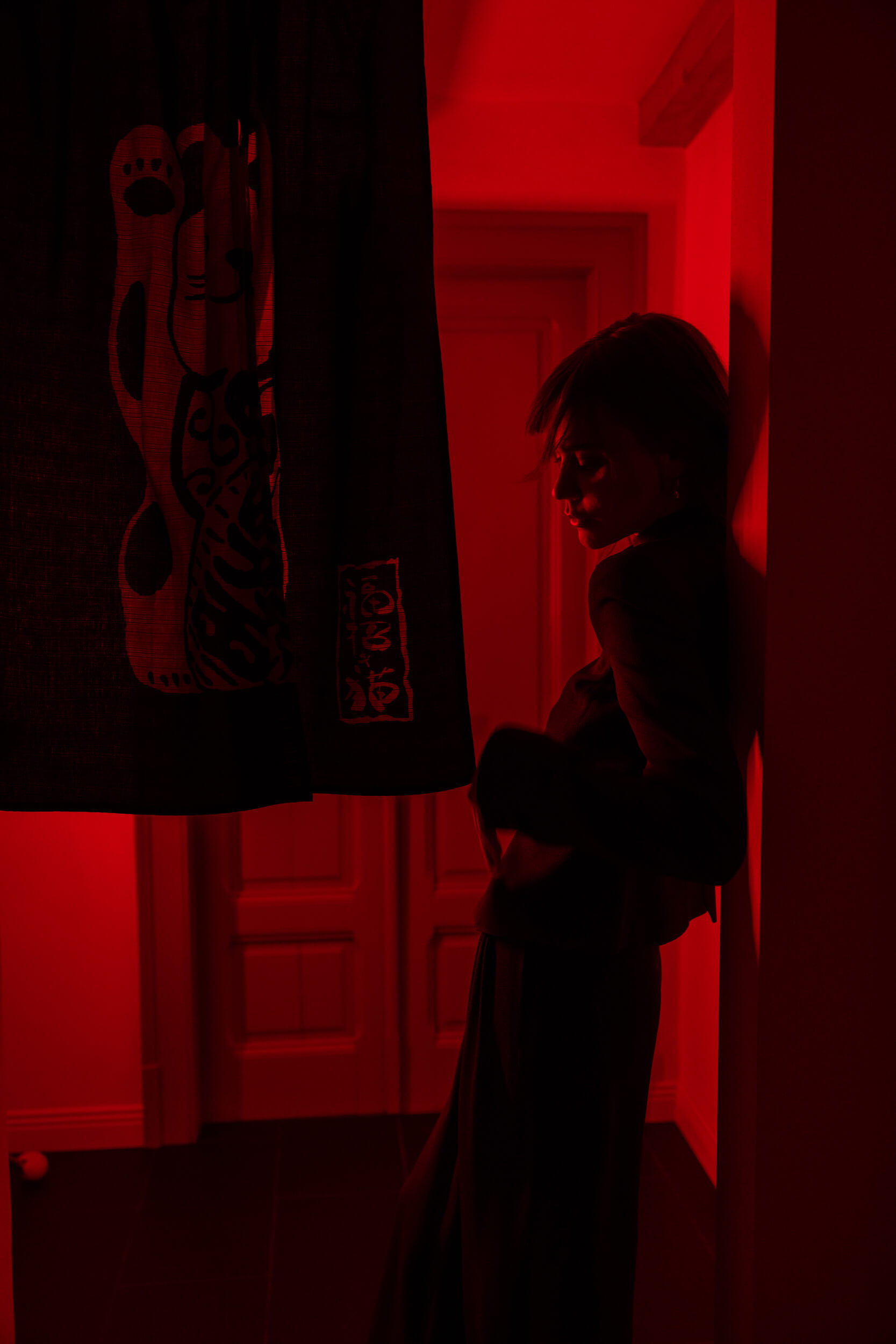
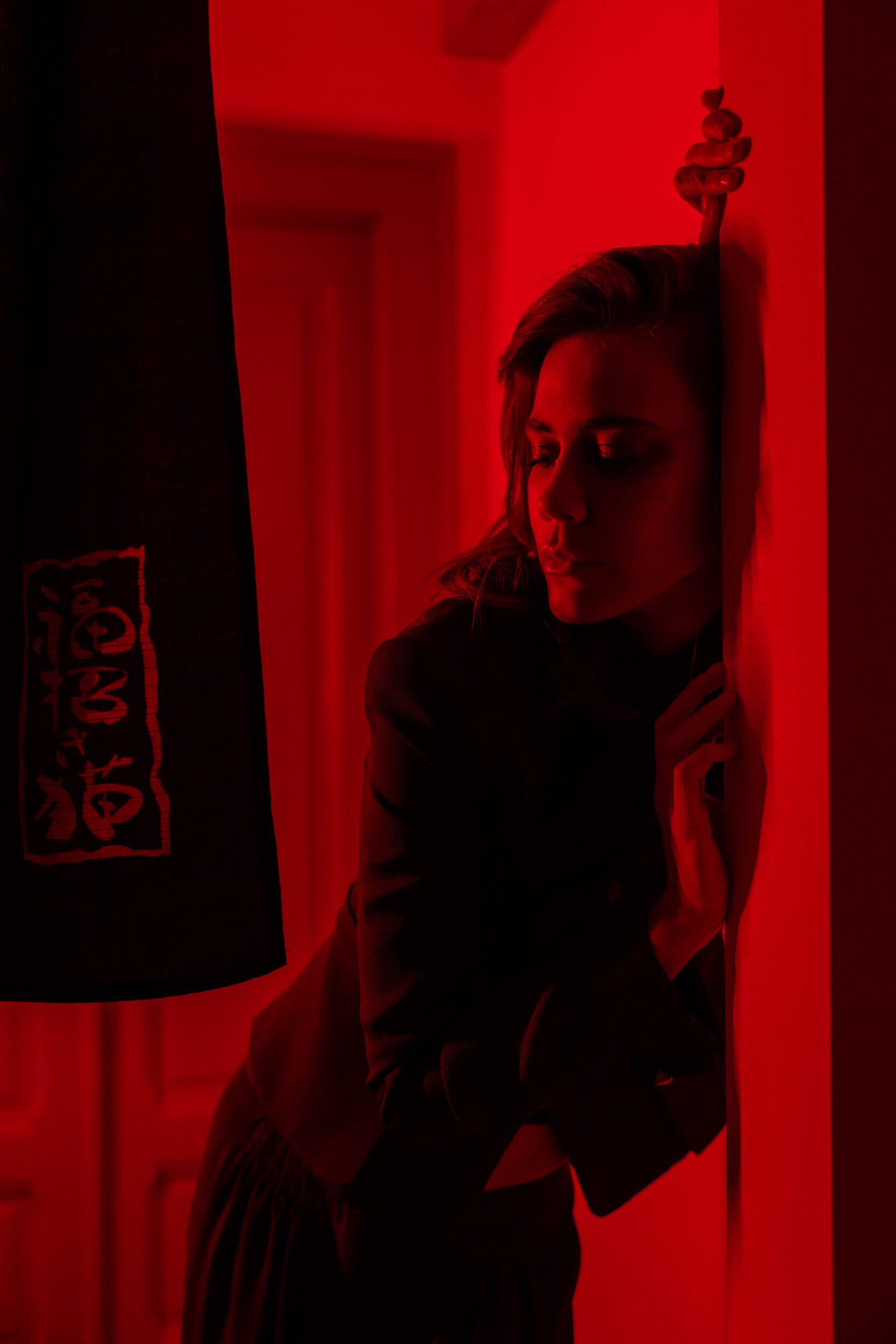
The best “fuck you” of your life?
The one I said to my ex [laughs].
If your life was a movie, what genre would it be? And who would be its director?
An art-house movie by Alfred Hitchcock.
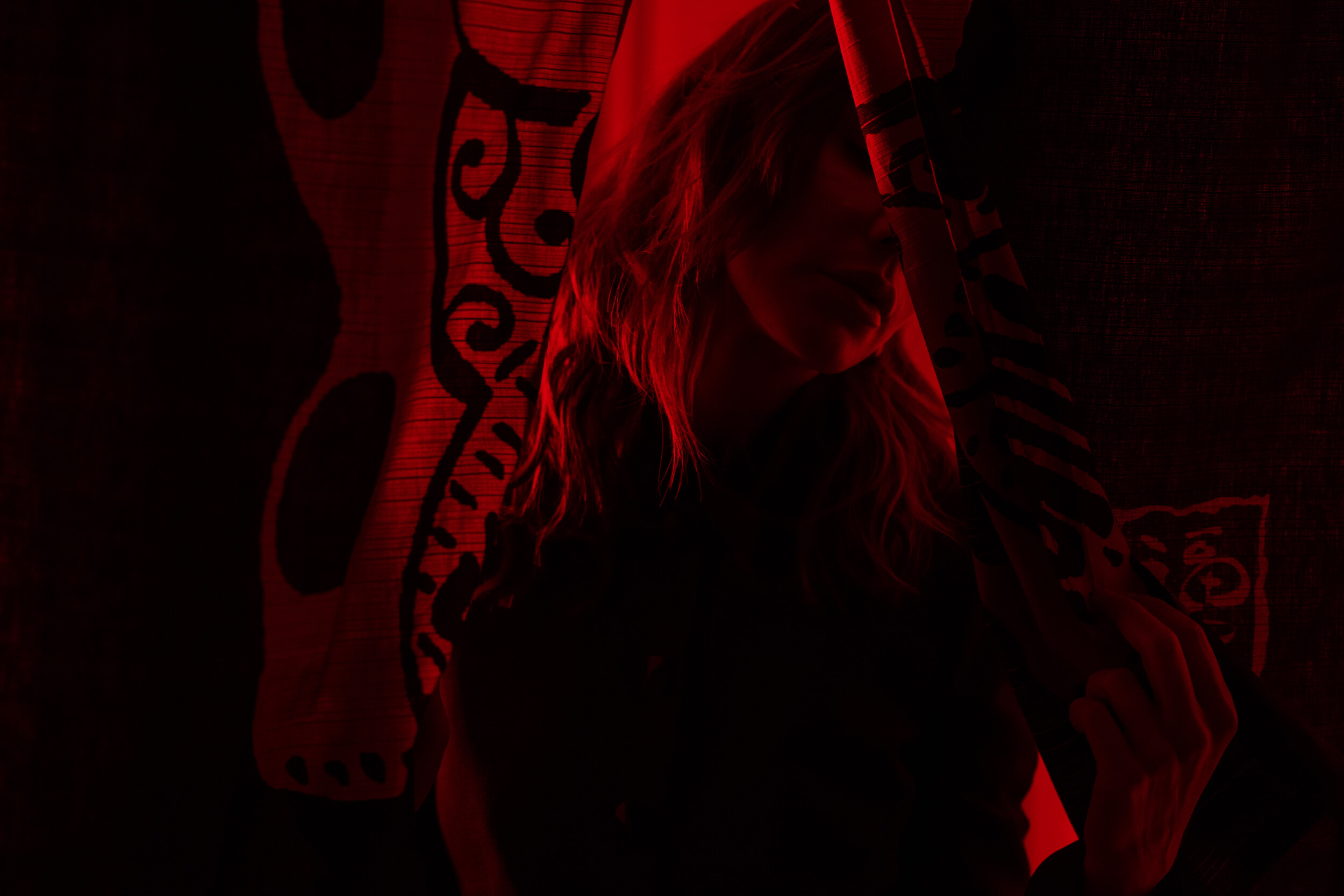
“ALFRED HITCHCOCK”
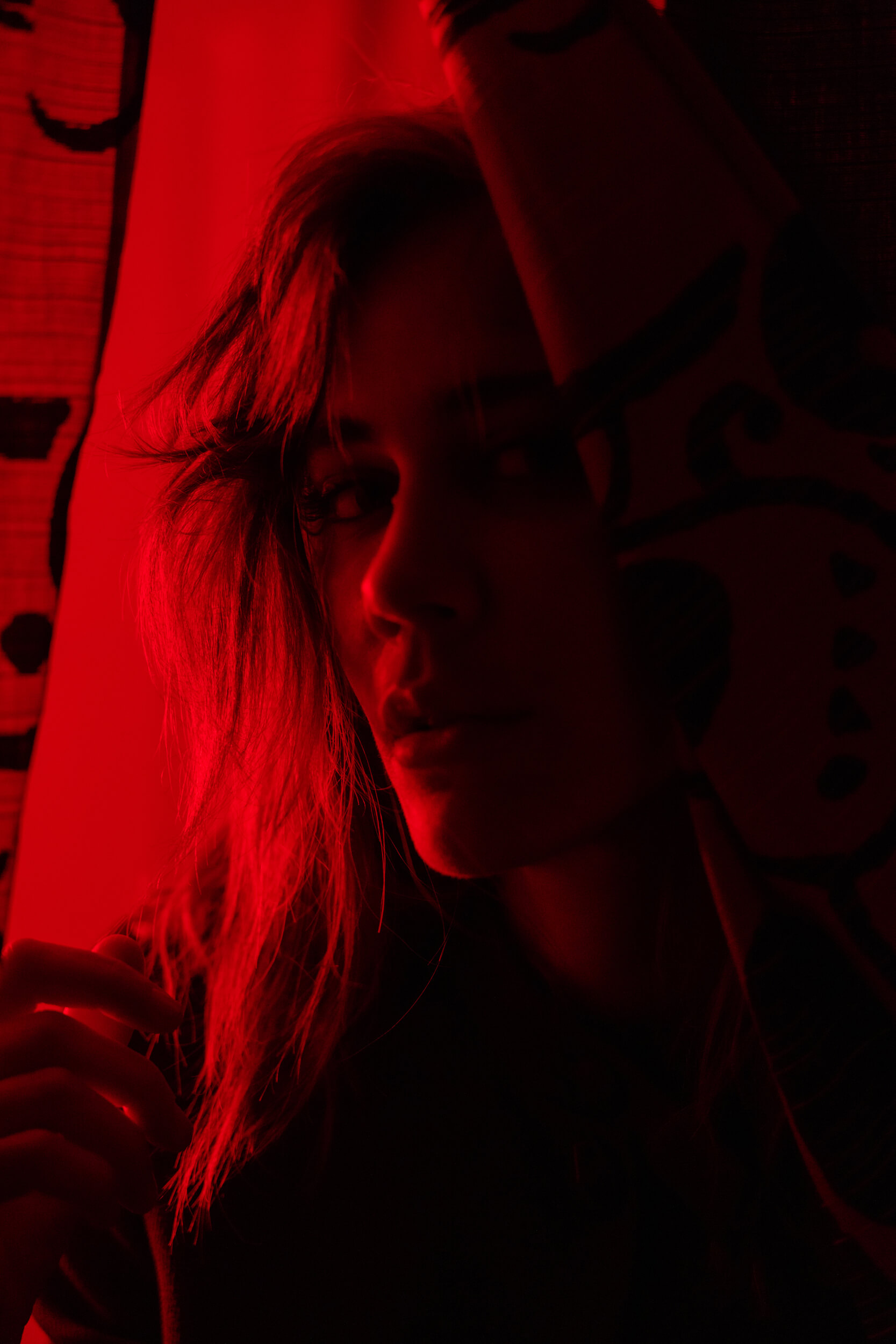
The book on your nightstand right now.
I have a bad habit of reading more books at the same time. As I’m always traveling, according to where I am I read one book or another. Right now, I’m shifting between “The Awakening of Intelligence” by Jiddu Krishnamurti and “Six Characters in Search of an Author” by Pirandello.
What’s the latest movie you’ve watched that made you discover something new about yourself?
Every single one. There’s always something autobiographical in movies.
What was your biggest act of rebellion?
Leaving from home very early on. I’d do it again.
What makes you feel safe?
Doubts. When I don’t have any, I’m afraid I’m making some mistakes.
What are you scared of, instead?
Of the void, darkness, pain, and other people’s pain, too. Oh, and of pigeons, I know it’s crazy, but it’s a phobia I have.
What does it mean to you to feel comfortable in your own skin?
It’s when I accept myself.
The latest thing or person that made you smile?
Laura, this morning.
What’s your happy place?
My home.
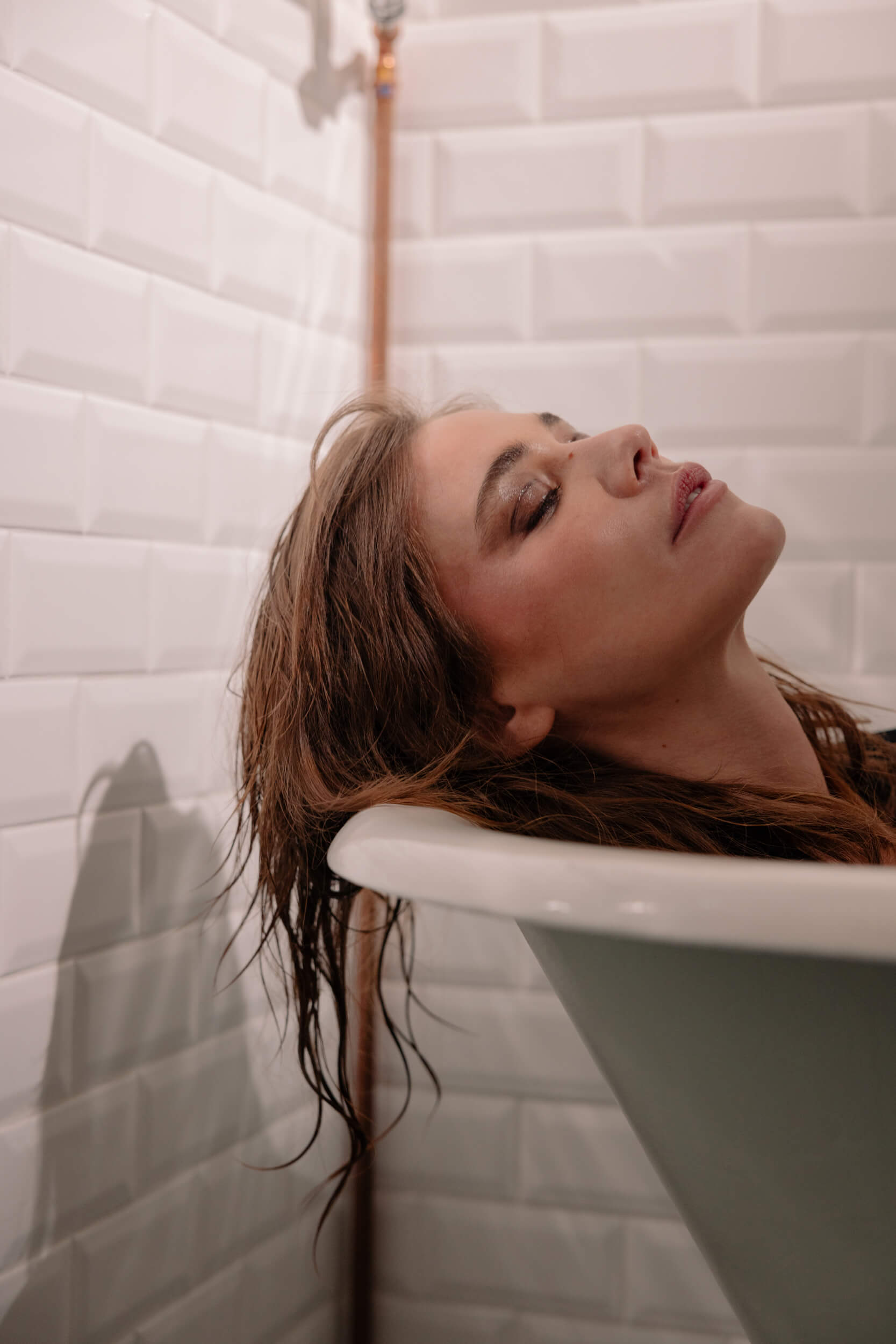
Photos & Video by Johnny Carrano.
Makeup by Vanessa Vastola.
Styling by Sara Castelli Gattinara.
Thanks to Other srl.
Total Look: Emporio Armani.

